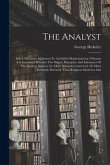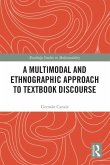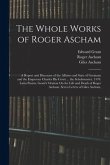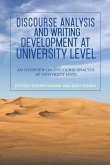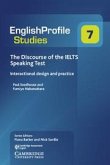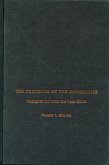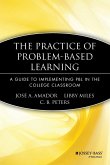Education depends crucially on language: knowledge and skills are taught largely through a process of linguistic exchange. But how much of the language used by teachers and professors is actually understood by students? To what extent does the social background of students affect their capacity to understand the language used in the classroom or the lecture hall? Why do students and teachers over-estimate the success of the educational process and under-estimate the degree of misunderstanding involved? In this important work Pierre Bourdieu and his associates explore these and other questions through a careful study of the role of language and linguistic misunderstanding in the teaching contexts of higher education. They study the extent to which university students actually understand the academic discourse they hear in lectures, as well as the factors that influence the ways in which students' essays are assessed. They also examine the extent to which the mastery and the misunderstanding of academic discourse depends on the social background of the individuals concerned. Drawing on empirical research and developing a distinctive theoretical perspective, Bourdieu and his associates argue that academic discourse is a medium of communication that both expresses and reproduces a relation of pedagogical power and respect.
Bitte wählen Sie Ihr Anliegen aus.
Rechnungen
Retourenschein anfordern
Bestellstatus
Storno


